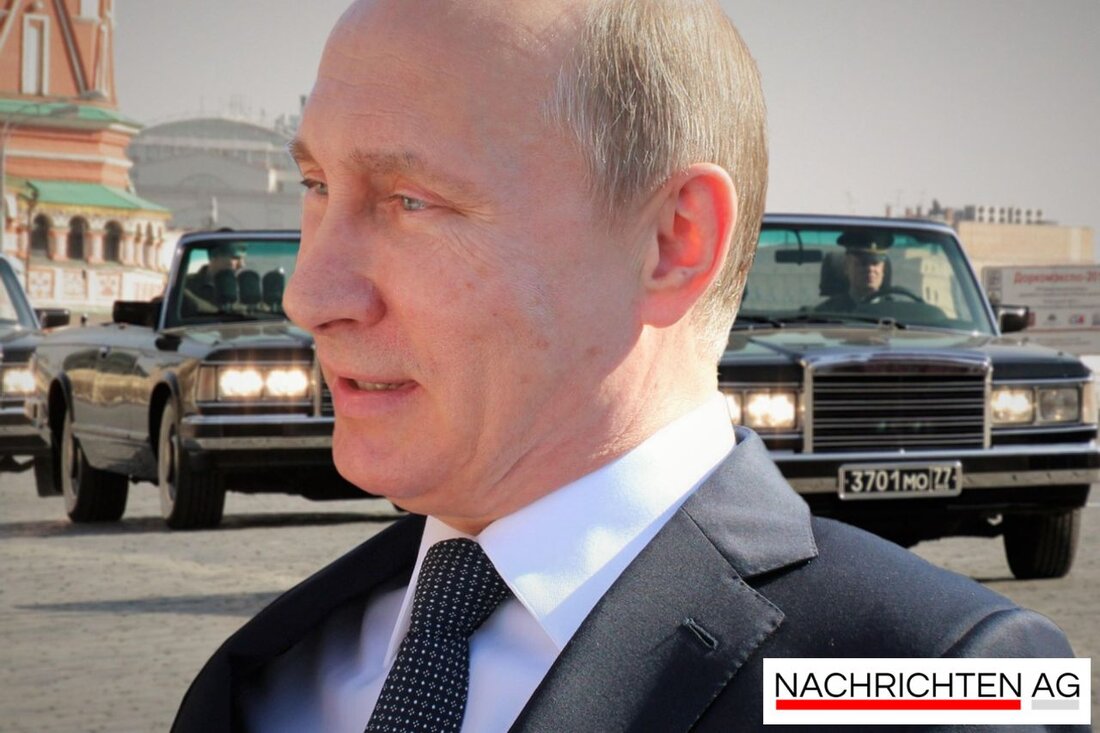Rehlinger calls for dialogue within the party: Is peace at risk?
SPD deputy leader Rehlinger emphasizes the importance of peaceful debates about foreign policy and contacts with Russia before the upcoming party conference.

Rehlinger calls for dialogue within the party: Is peace at risk?
In the SPD's current political debate, a "manifesto" is being heard that calls for a realignment of foreign and security policy. This policy paper calls, among other things, for talks with Russia and a stop to the stationing of new US medium-range missiles in Germany. Anke Rehlinger, Prime Minister of Saarland and deputy leader of the SPD, only found out about this manifesto when it was published. While it is critical of the ideas, it recognizes the legitimate desire of some party members to express divergent positions on government policy. “We have to recognize that there are people in Germany who are very passionate about peace,” says Rehlinger, and sees the need to discuss different opinions in the SPD, even if she cannot identify with the demands of the manifesto.
The SPD leader Lars Klingbeil has clearly distanced himself from the demands of the manifesto and emphasized that there will be no U-turn in support for Ukraine. He makes it clear that Russia is responsible for the suffering in Ukraine and that President Putin could end the war immediately if he wanted. According to Klingbeil, military strength and diplomatic efforts are not contradictory, but rather complementary. He therefore does not see the manifesto as a personal attack, but as part of an internal party discussion that will continue before the party conference from June 27th to 29th. Defense Minister Boris Pistorius was also critical, calling the manifesto a “denial of reality” and emphasizing that Putin is sabotaging real diplomatic talks.
Insights into the manifesto
The manifesto, signed by several dozen prominent Social Democrats, including Rolf Mützenich and Ralf Stegner, rejects the current military confrontation strategy and the high spending on rearmament in Germany. A central point is the call for a gradual return to relaxed relations with Russia and an end to the deployment of new US medium-range missiles that could make Germany a potential attack target. In particular, the planned increase in the defense budget to 3.5 or even 5 percent of GDP is criticized without a clear security policy justification. The authors argue that Germany and the US agreed to station medium-range conventional weapons in Germany as early as 2024, while Russia already has medium- and long-range missiles in the Kaliningrad exclave that can reach almost any target in Europe.
In this divided discussion within the SPD, not only the comrades support the manifesto, but also other more prominent voices such as Sahra Wagenknecht from the BSW. She even suggests a joint rally with the initiators of the manifesto to mobilize supporters. Whether these various currents can create a new dynamic in the party and foreign policy discourse remains to be seen, but the upcoming party conference will certainly be helpful in finding a clear line and possibly gaining new strength for the SPD.
The debate within the SPD shows how important it is to deal with divergent positions and how necessary it is to face the challenges of foreign policy. “The different positions must be discussed within the party,” emphasizes Rehlinger. Especially in these turbulent times, dialogue is essential - everyone agrees on that.
For more information on this topic, read the articles from World, daily news and n-tv.

 Suche
Suche
 Mein Konto
Mein Konto